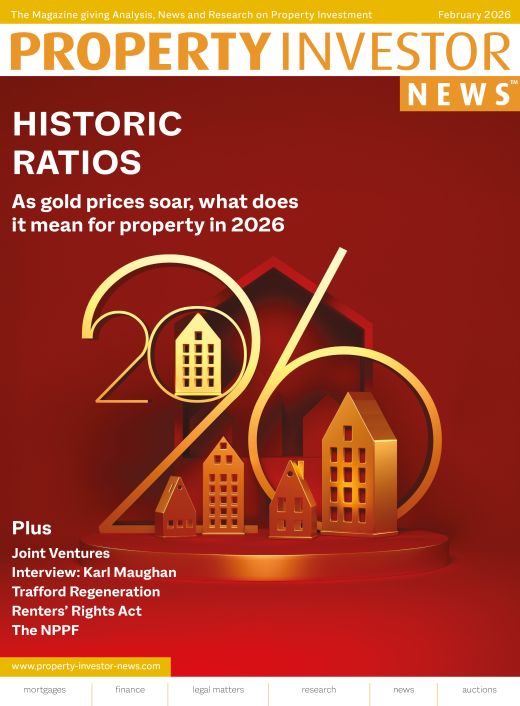A Small Self-Administered Scheme (SSAS) is a pension scheme that lets you save for retirement whilst keeping an unprecedented level of control on how your money is invested.
A SSAS is often used as a more flexible alternative to a Self-Invested Personal Pension (SIPP), particularly where there is likely to be more than one person saving for retirement. Importantly, SSAS schemes also offer pension holders various tax benefits, with employer and member contributions typically qualifying for tax relief, based on certain requirements. Investment income and gains are usually exempt from UK income tax and capital gains tax. Lump sum benefits on a member’s death is usually free from inheritance tax. Also, when taking benefits, a tax-free lump sum of up to 25% of the member’s share is usually available, depending on the members remaining lifetime allowance.
It is advisable to hire a firm to act as a professional trustee of your SSAS pension scheme to ensure it is compliant with tax legislation and so you can be kept informed of the latest developments.
- People that set up a SSAS are usually one of the following:
- Business owners that are interested in succession planning with family members who are employees.
- Entrepreneurs wanting to invest their personal pension savings into their business.
- High net worth individuals seeking pension saving that is independent of the pension provider.
- Adventurous investors wanting access to more unusual investments.
When set up through a family business, members of the family are appointed as trustees to have control over the scheme’s assets and pension investment choices. A SSAS is registered with HM Revenue and Customs (HMRC) and so benefits from the usual generous tax reliefs afforded to pension schemes such as, company and personal pension contributions are deductible against tax, there is no income tax charge on allowable investments, there is no capital gains tax due on the disposal of investments, and there is a tax free lump sum on retirement.
What makes a SSAS different from other pension schemes?
If all members are trustees, they are more involved in the day-to-day administration of the pension scheme, which is why SSASs are termed ‘self-administered’. ‘Small’ reflects the fact that there can be no more than eleven members in the SSAS.















